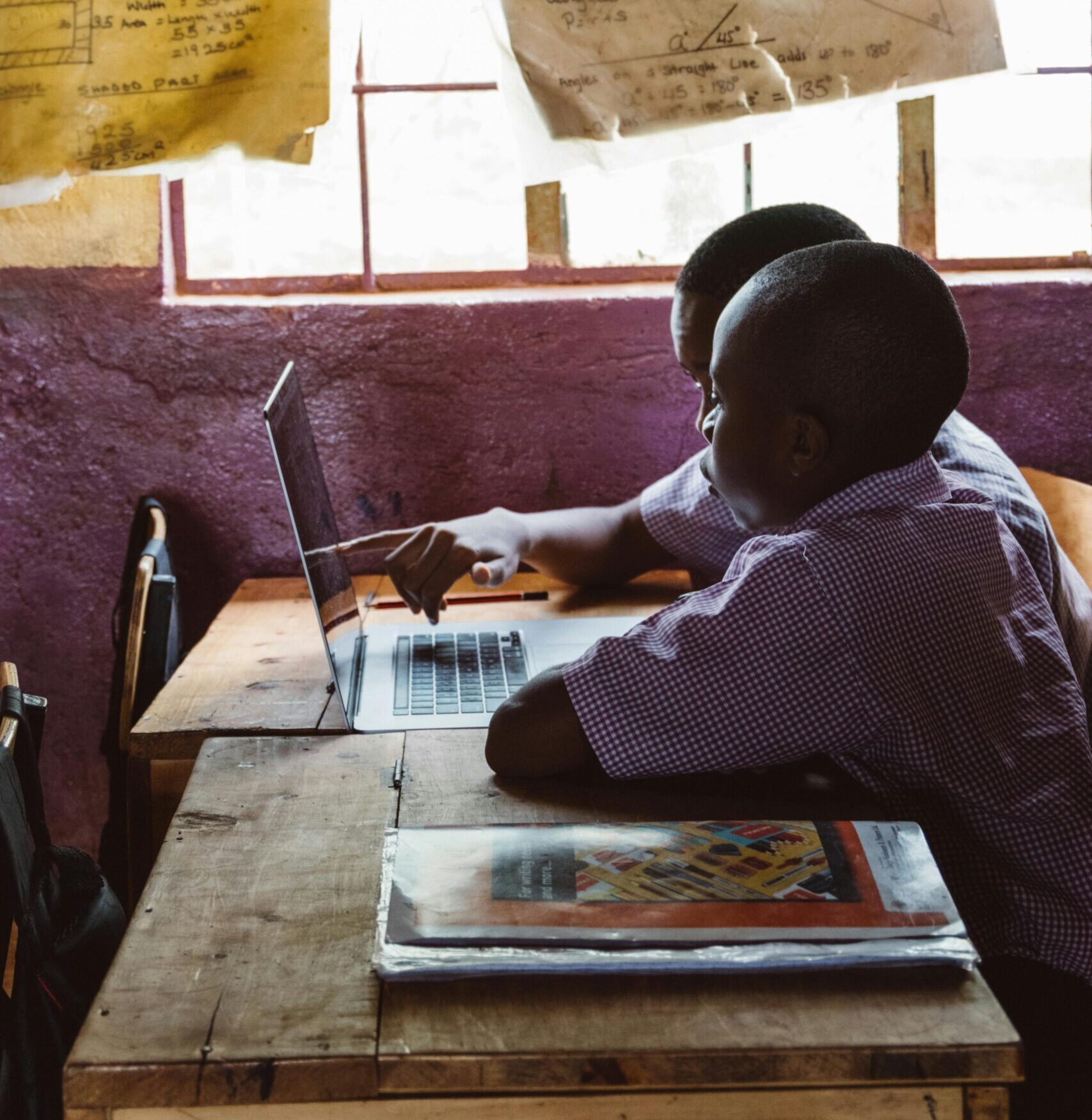
PhotoCredit: ROMAN ODINTSOV.
I read the second edition of The State They’re In by Matthew Lockwood, a book which examines African poverty’s causes and politics to propose better aid, trade, and debt policies. It also covers the 2005 Gleneagles G8 and WTO summit outcomes, critiques standard governance approaches, and offers new strategies for Africa’s development, drawing on his 20 years’ extensive experience.
While reading the book, a question came to my mind: “Can Africa survive without foreign aid?” In this article, I will argue that Africa has the potential to become self-sustainable without foreign aid, and I will encourage Africans to take an active role in this transformation.
To most Pan Africanists, the answer to the question would be yes, and with this I agree. However, I remembered back in 2013 when I was in primary five (fifth grade), when the Mustard Seed Project, whose purpose was to find sponsors for orphaned and disadvantaged children to attend the Sonrise Boarding School in Rwanda, said that they had run short of support mainly due to losing a number of sponsors who helped the mission go forward, and some of the students were to leave Sonrise School, and almost everyone who could stay would pay some money when students paid nothing previously. Fortunately, I was among the few students who remained in school on sponsorship.
Life seemed to have paused after the information from the Mustard Seed Project, and it was just the Mustard Seed Project that had gone short of the financial support. Imagine if the World Vision, UN, US, UK, and all other foreign philanthropists ceased their financial aid to Africa. According to ONE.org, aid has increased significantly with time where aid to African countries totaled USD 58.4 billion in 2021. In the fiscal year 2022 alone, USAID has provided more than $6 billion in lifesaving, multi-sector humanitarian assistance to the people of Africa.
As Africans, we cannot hope to remain at the mercies of other people. It is true that a hand that receives is always below the hand that gives. I believe that we are able to satisfy ourselves. I agree with the statement by His Excellence Paul Kagame, the president of Rwanda who said, “I would rather argue that we need to mobilize the right mindsets, rather than more funding. After all, in Africa, we have everything we need in real terms. Whatever is lacking, we have the means to acquire, and yet, we remain mentally married to the idea that nothing can get moving without external finance. We are even begging for things that we already have. That is absolutely a failure of mindset.”
Africa has the resources it needs to sustain itself and end aid-dependency. According to the UN Environment Programme, Africa is home to some 30 percent of the world’s mineral reserves, eight per cent of the world’s natural gas and 12 per cent of the world’s oil reserves. The continent has 40 percent of the world’s gold and up to 90 percent of its chromium and platinum. The largest reserves of cobalt, diamonds, platinum and uranium in the world are in Africa. It holds 65 per cent of the world’s arable land and ten percent of the planet’s internal renewable fresh water source. Africa has more than 400 million young people aged between the ages of 15 to 35 years according to the African Union, which is a huge workforce opportunity for Africa and the world.
The literacy rates in Africa are very low, yet education is a weapon anyone can use to change the world. According to the World Bank Group, the literacy rate of adults (% of people ages 15 and above) in Sub-Saharan Africa as of 2022 was 68%, with Niger being at 38%, Chad at 27% and Burkina Faso at 34%, among others.
The alumni network in African schools is so weak that we wait for the governments to support the schools in the villages that nurtured us into who we are now. Many of us make fun of the village schools we attended yet we have the capacity to advance their education system which will definitely emerge world-class leaders, scientists, entrepreneurs among others. I don’t know who supported your education, but we’re an investment that needs to bring returns – not just to our families but to Africa and the world at large. If Africa needs aid, it should be coming from us in the first place.
I appreciate what the African Philanthropy Forum and the Einstein among others are doing to support Africa on its journey to greatness. There are a variety of ways one can support education and other sectors in Africa. Whenever you think of your personal progress, consider how it can be harnessed to fuel Africa’s progress too. As educated individuals, we have the power to make a transformative impact on our continent, not through foreign aid but through education and proactive involvement. Africa can be great, and it’s up to us to make it happen. Let’s pledge to be the change agents, the leaders, and the educators who will turn the tide and help Africa stand on its own feet. The journey may be challenging, but the destination is worth every step. Together, we can build a brighter future for Africa.
